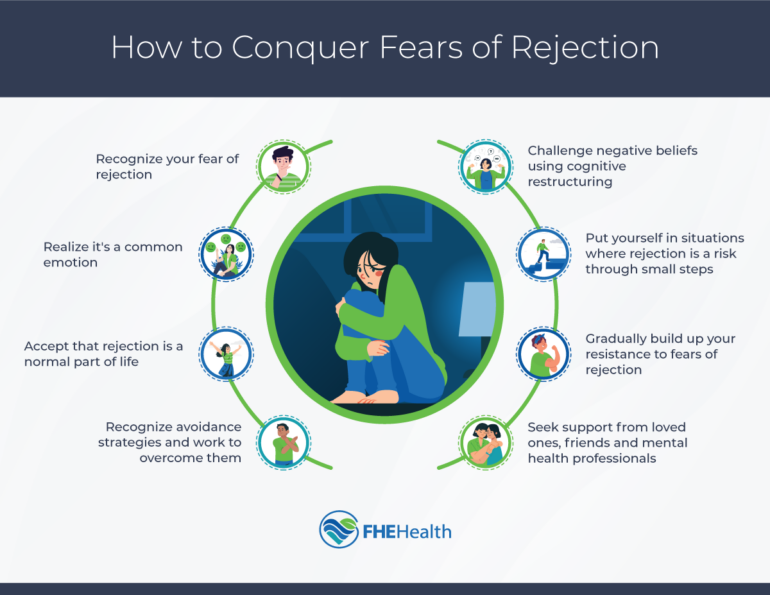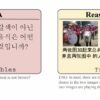Imagine finding out your friends hosted a dinner party and didn’t invite you, or that you were passed over for a job you were excited about. These moments hurt, and people often describe rejection in the language of physical pain.
While rejection can be emotionally painful, it can also teach us something.
I am a social psychology researcher, and research my colleagues and I have conducted shows that rejection can serve as a learning signal – shaping how people navigate relationships and decide whom to attempt to connect with in the future.
What’s known about social rejection
Researchers have long recognized the emotional toll of social rejection. Studies show that experiences of rejection trigger distress, increase levels of the stress hormone cortisol, reduce sense of belonging and can even lead to increased aggression. In the long run, chronic feelings of rejection can harm mental and physical health.
But why does being excluded hurt so much? From an evolutionary standpoint, our brains likely evolved to treat social rejection as a threat. For our ancestors, losing social bonds meant losing access to protection, resources, and cooperation – making social connection and belonging a fundamental human need. In other words, rejection hurts to alert you that your welfare is in danger.
Early neuroscience studies seemed to support this idea. When people were left out of a simple virtual ball-tossing game, their brain activity mirrored the response to physical pain, showing activation of a brain region called the anterior cingulate cortex.
Later studies suggested a different explanation: Perhaps it wasn’t just the pain of rejection that triggered this brain activity, but also the surprise of it. In this view, the brain responded differently to negative feedback and unexpected feedback. What might your brain do with this unexpected feedback?

Social rejection can provide a learning opportunity.
fizkes/iStock via Getty Images Plus
Social lives aren’t defined by isolated moments of rejection. You learn through interactions: You get to know people, read their intentions, revise your assumptions and try to make sense of mixed signals. People might turn you down for all sorts of reasons – some understandable, others harder to accept. You then reflect on what these experiences mean, adjust your behavior, and if you cross paths with them again, you get another chance to decide how you want to engage.
This is where our research takes a next step: We examine how people learn from social rejection and acceptance over time and how they use these past experiences to build future connections, deciding on whom to invest in building relationships with and whom to let go.
Rejection as an experience to learn from
My colleagues and I designed a dynamic experiment that mimics the structure of real social decisions. Using behavioral tests, brain imaging and computational modeling, we studied how…



